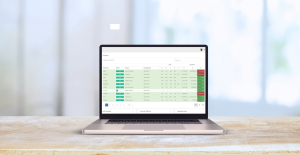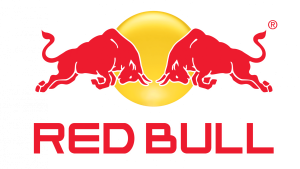What We Do
Bison Grid is a software and app development company that specialises in the building and operation of robust Ecommerce solutions and software applications.
Get in touch to discuss your requirements
REQUEST A DEMOCase studies
Electronic Point of Delivery (EPOD) Solution for Finished Vehicle Logistics
Bison Grid created an EPOD and inspection for multimodal finished vehicle logistics process. Contact us to create your custom EPOD solution.

Vehicle Freight EDI booking system for Siem Car Carriers
Bison Grid created a customised booking system solution to manage bookings, shipping notices and the submission of bills of lading documents.

Harley Medical Group System Integration
Bison Grid revitalised the website for a well known cosmetic surgery company in just 3 months – integrating CRM and call management software.

Testimonials
SUBSCRIBE TO OUR NEWSLETTER
Stay connected and join our newsletter. By subscribing, you’ll gain access to expert tips, valuable insights and the latest news at Bison Grid.














